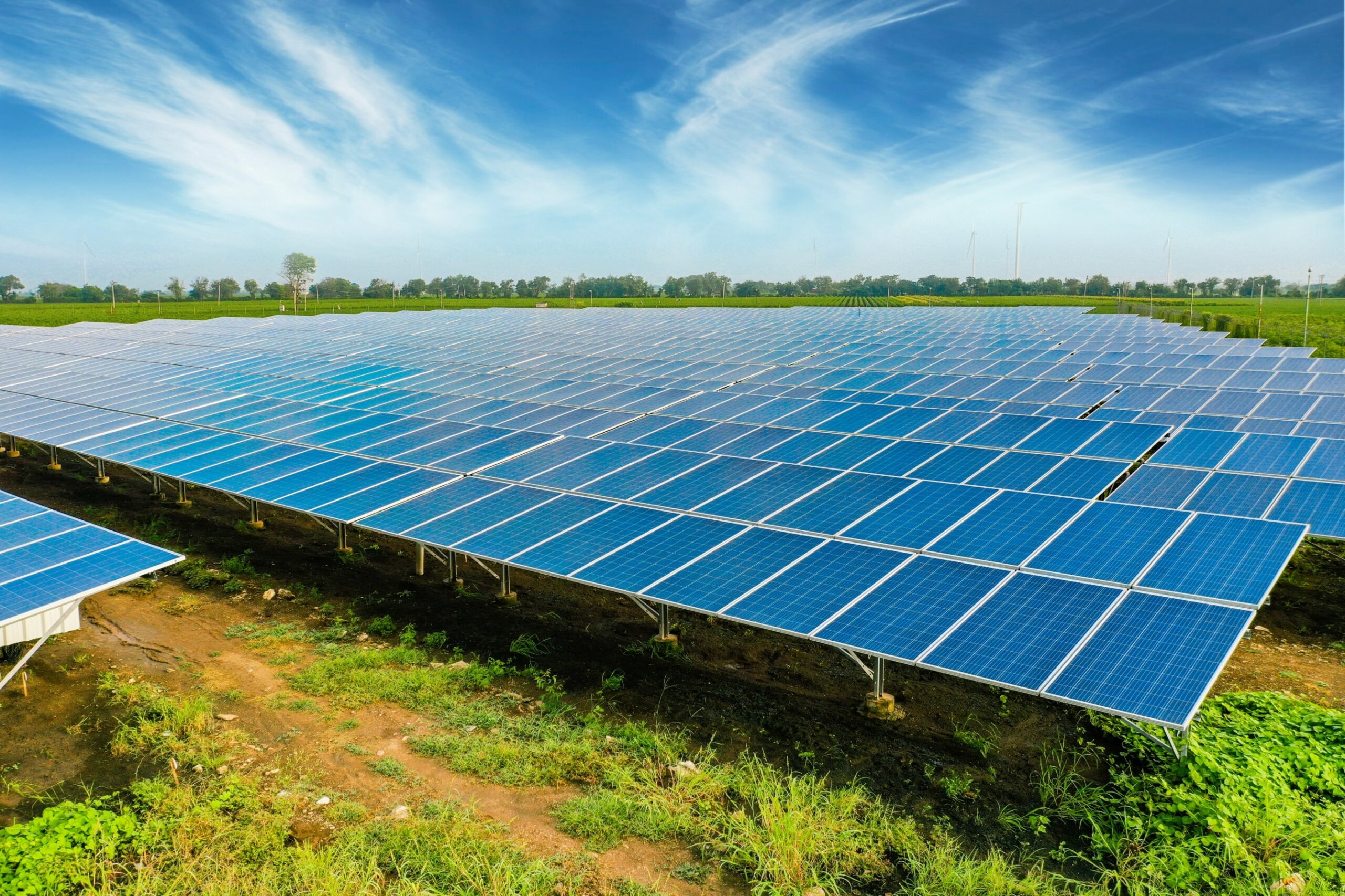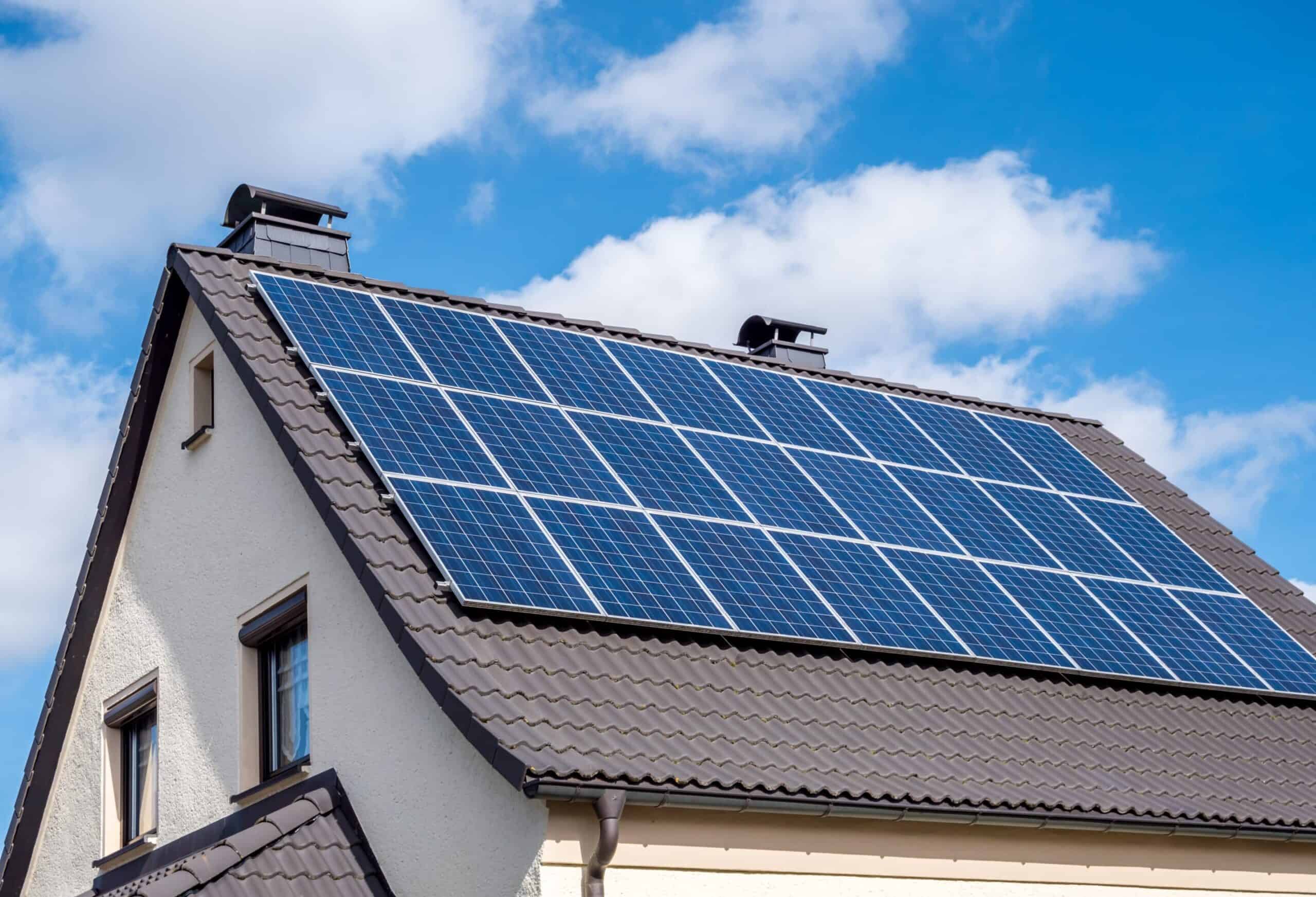Make Best Use Of Energy Savings With High-Quality Solar Panels
Making the most of power financial savings via the usage of high-quality solar panels is a multifaceted method that calls for cautious consideration of innovation, installment, and upkeep. Choosing high-efficiency choices, such as monocrystalline panels, can substantially improve power generation, while durability and service warranty terms play a critical role in long-lasting monetary practicality.
Benefits of Solar Energy
The benefits of solar power are various and substantial, making it a significantly eye-catching choice for both residential and industrial applications. Among the main benefits is its possible to minimize power expenses. By harnessing sunlight, homeowner can produce their very own power, lowering dependence on typical energy sources and ultimately resulting in significant financial savings.
An additional crucial benefit is environmental sustainability. Solar energy is a clean, renewable energy that aids to reduce greenhouse gas discharges, contributing to a reduction in air contamination and climate adjustment. This aligns with international initiatives to shift in the direction of more lasting power solutions.
Furthermore, solar power systems can increase property value. Houses and organizations geared up with solar panels usually have higher resale values, attracting environmentally-conscious purchasers and capitalists. Government rewards, such as tax credits and rebates, can offset installation expenses, making solar energy even much more economically feasible.
Last but not least, solar modern technology advertises power self-reliance. By spending in solar power, people and organizations can lower their susceptability to rising and fall power rates and supply disturbances, cultivating better control over their power resources. Collectively, these benefits emphasize the engaging factors to think about solar power services.
Choosing the Right Solar Panels
Selecting the best photovoltaic panels is a vital action in optimizing the effectiveness and benefits of a solar energy system. When reviewing photovoltaic panels, a number of factors need to be taken into consideration to make sure optimal efficiency and long-lasting savings.
First, assess the panel's performance score, which indicates just how successfully it converts sunshine into power. Greater efficiency panels might have a higher ahead of time expense but can produce more power in limited room. Next, check out the guarantee offered by the maker; a longer guarantee generally mirrors a higher degree of confidence in the item's resilience and efficiency.
Additionally, think about the kind of solar panel modern technology. Monocrystalline panels are understood for their high performance and space-saving design, while polycrystalline panels often tend to be more budget friendly however a little less effective. Bifacial panels, which record sunlight from both sides, are likewise obtaining popularity for their prospective to boost power output.
Finally, perform an extensive testimonial of independent performance ratings and client testimonials to gauge dependability and contentment. By carefully thinking about these aspects, home owners can make informed choices that line up with their power requirements and economic purposes, ultimately enhancing the return on investment for their solar power systems.
Recognizing Installment Prices
Understanding the costs connected with setting up photovoltaic panels is crucial for home owners aiming to buy renewable resource. The overall installation expense can vary substantially based upon numerous variables, consisting of system dimension, panel kind, installment intricacy, and geographical place.
Normally, the price is computed on a per-watt basis, with ordinary rates varying from $2.50 to $3.50 per watt prior to any kind of motivations. A typical household system could set you back in between $15,000 and $25,000, depending upon energy requirements and the chosen parts.
In enhancement to the panels themselves, house owners must think about expenses connected to inverters, placing hardware, and electrical upgrades. Labor prices likewise play an important role, as specialist installment makes sure compliance with safety criteria and local laws.

Ultimately, recognizing these installation expenses and potential monetary advantages is vital for home owners to make educated choices about transitioning to solar energy.

Upkeep for Long-Term Savings
Preserving photovoltaic panels is crucial for additional reading optimizing long-term energy financial savings and ensuring the system operates at peak effectiveness. Normal maintenance involves a number of vital practices that can considerably improve the long life and performance of solar installations.
First, routine assessments need to be conducted to that site identify any type of physical damage or wear, such as splits or loosened links. Cleansing the panels is also vital, as dirt, dust, and debris can block sunshine, minimizing power result (Solar Panels). It is suggested to clean the panels at least twice a year, or much more frequently in areas with high levels of dust or pollution
Additionally, keeping track of the system's performance with a tracking software application can supply real-time information on energy production and alert homeowners to any anomalies. This proactive strategy enables prompt fixings, lessening downtime and preserving ideal energy generation.
Environmental Influence of Solar Power
The ecological effect of solar energy extends much past its instant benefits of reducing power costs and reliance on fossil fuels. By harnessing sunshine, solar energy considerably lowers greenhouse gas exhausts, consequently alleviating climate adjustment. Unlike standard energy resources such as coal or all-natural gas, solar power generation does not produce air toxins, adding to improved air top quality and public health and wellness.
Furthermore, solar power advertises biodiversity by reducing the demand for fossil fuel removal, which commonly interrupts ecosystems and environments. By transitioning to sustainable power sources, we can maintain natural landscapes and shield threatened species from environment loss.
The life cycle of photovoltaic panels also provides a reduced environmental impact compared to typical energy resources - Solar Panels. While manufacturing photovoltaic panels involves some resource usage and emissions, improvements in technology and reusing procedures are continuously lowering these effects. In addition, the long-term advantages of solar power-- such as decreased dependence on click now limited resources-- far exceed these initial costs
Final Thought
In recap, the fostering of high-quality solar panels presents significant opportunities for energy savings and environmental benefits. By choosing proper innovations, such as monocrystalline panels, and making certain reliable installment, home owners can optimize power generation in limited spaces. Furthermore, comprehending installment prices and upkeep needs better adds to long-term savings. The strategic alignment of solar panel choices with energy demands and federal government motivations boosts return on financial investment, promoting sustainability and decreasing reliance on conventional power resources.